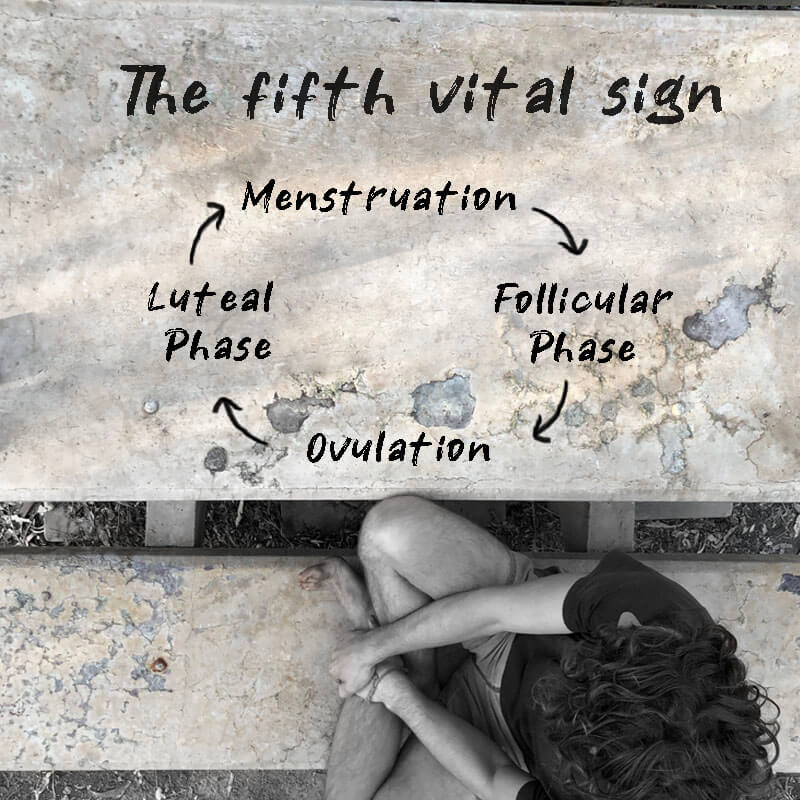
Each one of us is created uniquely, and we all have our ways of doing things, including how we respond to the challenges that life brings us. Our emotions often dictate how we typically react to various situations, help us decide where to shift our focus, and how we ultimately behave. However, when we start feeling overwhelmed by our emotions, we may begin to feel paralysed and lose objectivity. That’s when we start behaving rashly.
If you’ve ever felt overwhelmed by your emotions, then this blog is for you – full of tips to help manage your feelings so that they don’t overwhelm you and become unhealthy rather than constructive. Here are simple ways to manage your emotions well.
Be curious about the emotions you experience.
To manage your emotions well, you need to be curious about them. You have to learn how they make you feel and act and what they tell you about yourself and others.
Here’s an exercise that can help with this:
- Ask yourself: “What am I feeling right now?”
- And then maybe ask yourself: “Why do I feel this way?”
- Lastly, try to think about what it means for other people in your life (family members, friends) as well as yourself.
Don’t take them personally.
Taking your emotions personally is easy, but it’s better if you don’t. When you’re in the middle of an emotional storm, it’s common to feel like something is wrong with you and that something must be wrong with your feelings. But this isn’t true. Your emotions are just as real for everyone else as they are for you—and sometimes even more so!
Don’t blame yourself for your emotions: Often, when someone has an extreme reaction to an event or situation (e.g., breaking out into tears), they’ll think either “I’m probably being silly” or “That person didn’t mean what they said.” These thoughts can make us feel ashamed about our feelings because we think we should be able to control them better than other people do; however, what matters most isn’t whether or not we can control our emotions but rather how well we manage them once they come up in any given moment—and whether or not those moments actually matter at all!

Understand the difference between emotions and feelings.
The main difference between emotions and feelings is that emotions are the thoughts you have when you’re feeling something or the reaction you have to your present reality. For example, if you’re angry and your friend says something rude to you in front of everyone at work, then this would be an example of emotion because it involves your own thoughts about how people should treat each other.
On the other hand, feelings are how we interpret our present emotions. If someone asks us, “How are things going?” we may respond with “, Good! How about yourself?” but if that person had asked us “, Are things good for me?” then our answer would be different from their question because our feelings aren’t involved here.
Be kind to yourself when you’re feeling overwhelmed by your emotions.
When you start to feel overwhelmed by your emotions, try to be kind to yourself. Do not always blame yourself, don’t hurt yourself and don’t beat yourself up—remember that this is just temporary. You’re human, after all. We all have our ups and downs; sometimes, we feel like we can’t cope with everything in life; other times, we feel strong enough to handle things independently.
If something gets too much for you, take a step back from it for a moment before jumping into action again (and keep breathing). Think about what might help: maybe talking with someone who has been through similar experiences? Perhaps writing in a journal? Or taking some time alone? Whatever works best for YOU will work best for YOUR journey towards emotional wellness.
You can also try to create a “feel good” list of activities to do when you’re feeling low on energy (and other times, too!).
When you’re feeling low on energy or just maybe tired of life, it is tempting to start a TV marathon or veg out on the couch. But if you want to stay mentally healthy, try taking a new activity and making it your “feel good” list.
Here are some examples:
- Make sure your bedroom is clean and organised (or at least not covered in dust). This will help keep away stress, anger and sadness when you come home after a long day at work.
- Go grocery shopping instead of ordering pizza or junk food; this way, there are no late nights waiting for delivery when all that hunger pangs hit. Plus, most people now have smartphones, so they can use apps so they don’t even have to leave their homes while cooking dinner themselves.
You don’t have to feel like an emotional monster, but you can learn how to manage them for a better life overall! Emotions are a part of life. They come and go, but they are not bad, nor should they be controlled or suppressed. In fact, we must learn how to handle our emotions because they can be very useful in helping us make intelligent decisions when faced with difficult situations or challenges. Yes, it can be challenging to manage emotions. That’s why it takes some practice. You can always ask for help from the people you trust if you feel like you need a strong support system in this area.
Overall, if you struggle with your emotions, it’s essential to know that strong emotions are not necessarily bad. All of us experience them in different ways and at different times, and at various degrees, but they can be a source of strength if they’re utilised wisely. And the most important thing is to remember that sometimes the best way to handle something is just by trying not to overthink them. So don’t beat yourself up for having feelings—just recognise them for what they indeed are: signs of life.

Sheena Javier
Connect
A Perfect Coup: Pharmaceutical Industry’s Hold on Healthcare
A dive into industry's extensive influence
Lead and the Fall of the Roman Empire: Welcome the ‘Aluminium Age’
How Aluminium is Affecting Our Health









